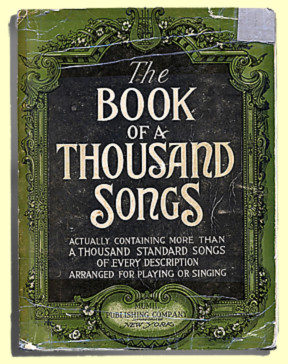.
Cracked.com has a lot of cool trivia. This is a bit outside of that: this is significa. The 10 Most Important Things They Didn't Teach You in School is, sadly, too long to tattoo on the back of each and every human being's hand, so I'm linking it instead. Thanks to whoever linked me to it. Sorry I already forgot who it was. Someone here on LJ, I'm pretty sure.
.
Cracked.com has a lot of cool trivia. This is a bit outside of that: this is significa. The 10 Most Important Things They Didn't Teach You in School is, sadly, too long to tattoo on the back of each and every human being's hand, so I'm linking it instead. Thanks to whoever linked me to it. Sorry I already forgot who it was. Someone here on LJ, I'm pretty sure.
Each and every one of these will fail (the success rate for dieters over the long term is close to 0 percent) because they're all based on the utterly false premise that you can lose weight without ever feeling sore or hungry or some other negative sensation. It is not possible.Of course, being Cracked.com, the article is written with lots of colloquial language and references to (though not outright depiction of) some of the sordid realities of life and the internet. If PG-13 gives you the vapors, please consider this your warning.
Students, imagine that in front of you is a castle. That's where you want to be. But surrounding that castle is a moat, full of piranha. The only way to get into Sexy Abs Castle is to swim across the moat and let the little fish painfully chew off hunks of fat. The real situation is exactly like that, only the swim will take years.
Your body will get really mad at you when you try to lose weight, because it thinks you're starving to death. You have to go into any weight loss plan knowing that you will suffer, and just have to man up in preparation for it. Otherwise, just live with it. Being fat isn't the end of the goddamned world.
.
